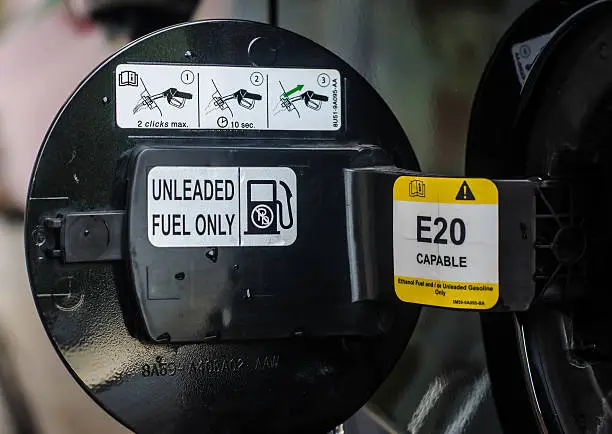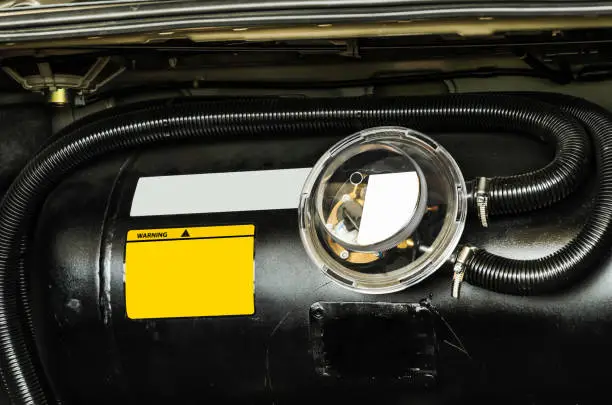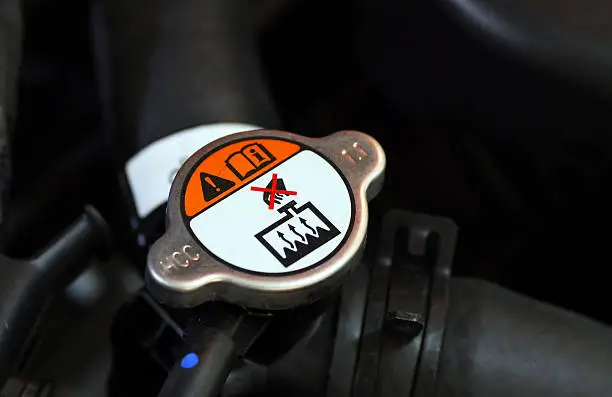- Coolant Labels
- Tyre Labels
- Auto-Parts Labels
- Automotive Barcode Labels
- Engine Oil Labels
Automotive Labels
Barcode International is one of the leading Automotive labels manufacturer in India. With ISO clearance, we are among the leading auto label manufacturers in India.
As one of the leading manufacturers of labels for the automotive industry, we have been creating labels for many domestic and foreign automakers.
Automotive Labels are used in the automotive and automotive ancillaries industry mainly for
- Serial numbering.
- Labeling of batteries and tyre.
- Glasses and wind shield labeling.
- Air bag and seat labels.
- Under bonnet stickers.
Automobile Labels Manufacturer in Gurgaon, Manesar, Haryana, Noida, Greater Noida
We classify our Automotive Labels as waterproof, oil-resistant, scratch-resistant, and battery-specific.
In regular use, every kind of car requires exceptional performance. Consequently, there is an increasing need for high-quality, long-lasting car labels that incorporate security features.
We provide solutions including holograms, security inks, and numbering on security labels as respectable auto label makers. We provide Best Automotive Labels at Barcode International.
As manufacturers of Automotive Labels, considering all things we provide a wide variety of pre-made label templates that adhere to the industry’s strict criteria. Our universal labels print consistently on a range of printer types.
You may easily modify the template to meet the unique needs of your customer thanks to the graphical interface.
Your company can profit from an automated barcode and labeling system in the automotive industry.
Businesses may enhance inventory control, logistical procedures, and manufacturing quality and speed by utilizing barcode labels.
At the same time with Automotive Labels at Barcode International you can choose the right material and adhesive to fit the needs of your application with ease because you have access to one of the biggest automobile label design firms in India.

An overview on automotive labels in India might cover:
Regulatory Standards:
Explanation of the regulatory framework governing automotive labels in India, including the relevant laws, rules, and guidelines set by authorities like the Ministry of Road Transport and Highways (MoRTH) or the Bureau of Indian Standards (BIS).
Label Requirements:
Detailed description of the specific information required on automotive labels, such as fuel efficiency ratings, emission levels, safety standards compliance, etc. This would include how these requirements have evolved over time and their impact on the industry.
Consumer Awareness and Impact:
Analysis of how these labels affect consumer choices and awareness, including studies or surveys on consumer behavior related to automotive purchases influenced by labels.
Industry Compliance and Challenges:
Challenges faced by the automotive industry in complying with label requirements, such as technological barriers, cost implications, and enforcement issues.
Environmental and Safety Standards:
Discussion on how automotive label contribute to promoting environmental sustainability and improving vehicle safety standards in India.
Comparison with Global Practices:
A comparison with automotive labeling practices in other countries to provide context.
Future Trends:
Moreover, predictions or expert opinions on the future evolution of automotive labeling in India, considering advancements in technology, changes in regulatory frameworks, and shifting consumer preferences.

All in all to find the best article on this topic, you could search reputable automotive industry publications, regulatory websites, or academic journals that specialize in transportation and regulatory compliance. Look for articles authored by experts or backed by credible research institutions for the most reliable information.
In the intricate world of automotive engineering and manufacturing,
labels play a crucial role beyond mere identification—they are indispensable for safety, regulatory compliance, and operational efficiency.
From the moment a vehicle rolls off the assembly line to its daily use on roads worldwide.
Various types of automotive labels serve critical purposes, ensuring both the vehicle’s functionality and the safety of its occupants.

1. VIN (Vehicle Identification Number) Labels
The VIN label, prominently displayed on the dashboard near the windshield, is akin to a vehicle’s fingerprint.
This unique alphanumeric code serves as the vehicle’s DNA, containing vital information such as the manufacturer, model, year of production, and specific features.
Accordingly, It enables efficient tracking of recalls, insurance records, and legal ownership transfers, playing a pivotal role in automotive lifecycle management.
2. Emissions and Fuel Economy Labels
Finally, Amid growing environmental concerns, emissions and fuel economy labels have become pivotal in informing consumers about a vehicle’s ecological footprint and efficiency.
Due to which these labels, often affixed to the vehicle’s window or available online, display essential data like estimated fuel costs, annual fuel consumption, and greenhouse gas emissions.
Compliance with stringent emission standards ensures environmental conservation efforts.
3. Safety Compliance Labels
Ensuring passenger safety is paramount in automotive design.
All in all, Safety compliance labels provide critical information on a vehicle’s crashworthiness, structural integrity, and deployment of safety features such as airbags, seat belts, and electronic stability control.
Also these labels reassure consumers that their vehicle meets rigorous safety standards established by regulatory bodies, enhancing confidence in its performance during emergencies.
4. Maintenance and Service Labels
Efficient maintenance is key to prolonging vehicle lifespan and optimizing performance.
Maintenance labels, located under the hood or in the owner’s manual, outline recommended service intervals for essential components such as engine oil, filters, and timing belts.
Also, they facilitate timely maintenance schedules, reducing the risk of costly repairs and ensuring vehicles operate at peak efficiency throughout their lifecycle.
5. Tire Pressure and Load Capacity Labels
Above all Proper tire inflation is critical for vehicle handling, fuel efficiency, and tire longevity. Tire pressure labels, typically found on the driver-side doorjamb or inside the fuel filler door, specify the recommended tire pressure for various driving conditions.
Additionally, load capacity labels indicate the maximum weight a vehicle can safely carry, ensuring compliance with weight distribution regulations and enhancing road safety.
6. Component and Fluid Labels
Afterwards, Precision-engineered vehicles rely on a multitude of specialized components and fluids.
Component labels affixed to critical parts like batteries, engine components, and transmission systems provide detailed information such as part numbers, specifications, and maintenance requirements.
Hence, Fluid labels outline the type and grade of fluids essential for optimal vehicle performance and longevity, guiding owners and technicians in maintaining peak operational efficiency.
7. Regulatory and Warning Labels
Automotive labels also fulfill regulatory requirements imposed by national and international authorities.
As well as regulatory labels display certifications related to emissions compliance, noise levels, and safety standards, ensuring vehicles meet legal requirements across global markets.
However, Warning labels, strategically placed near potential hazards such as airbags, hot surfaces, and electrical systems, caution users about risks and necessary precautions, promoting safe vehicle operation and passenger protection.
Conclusion
After that in conclusion, automotive labels are not merely stickers—they are indispensable tools that ensure vehicles adhere to regulatory standards, operate efficiently, and prioritize safety.
From VIN labels that uniquely identify each vehicle to emissions labels that promote environmental responsibility, these labels collectively contribute to a safer, more sustainable automotive industry.
Altogether As technology evolves and consumer expectations rise, automotive labels continue to play a pivotal role in enhancing vehicle reliability, efficiency, and safety for drivers worldwide.



